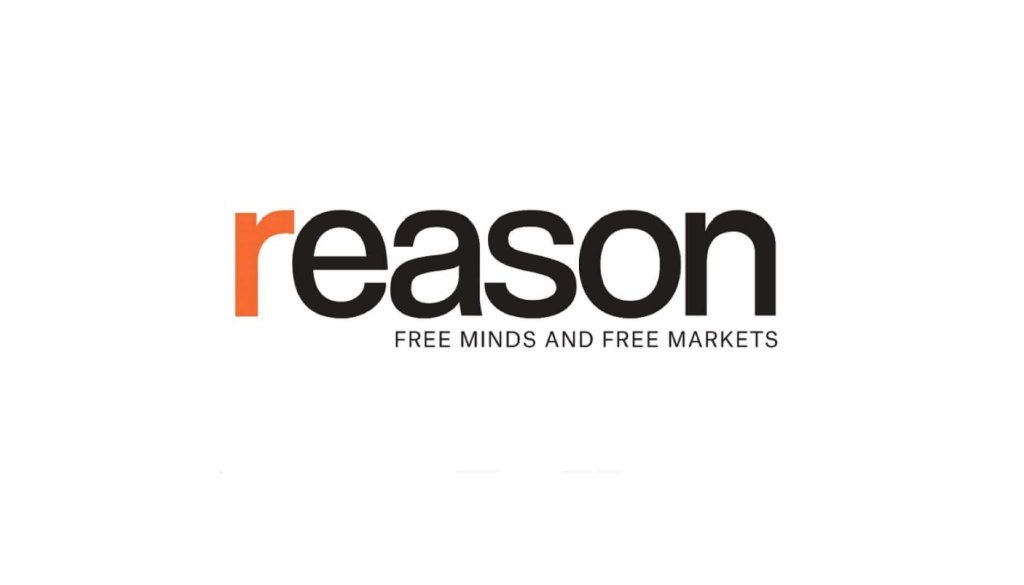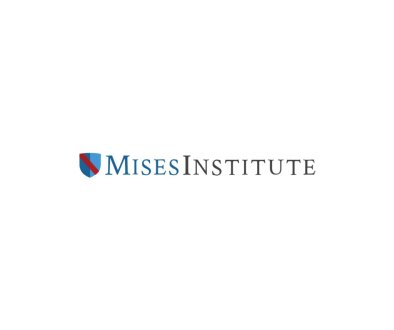Short Circuit: A Roundup of Recent Federal Court Decisions
Please enjoy the latest edition of Short Circuit, a weekly feature written by a bunch of people at the Institute for Justice.
New on the Unpublished Opinions podcast (which y’all should subscribe to): Impeaching judges, legal media, AI and corpus linguistics, plus golfing dreams.
- Computer scientist creates an AI-generated image and seeks to have it copyrighted, listing himself as the owner of the work, but naming the AI he designed as the work’s author. The Copyright Office denies the application. D.C. Circuit: Correctly. The Copyright Act requires eligible works be authored by humans (whether that limitation is constitutionally required is a question for another day).
- Eight states sue the Dept. of Education, alleging it cut off grants for teacher/principal training without a reasoned explanation as required under the APA. The lower court reinstates funding via TRO; the dept. seeks a stay. First Circuit: The termination letters lacked an adequate explanation, and the agency’s attacks on the TRO are mere “speculation and hyperbole.” For now, funding flows. Motion for stay denied.
- Generally, parties charged with burglary, narcotics offenses, sexual assault, and running a prostitution ring do not fare well in federal court. So how badly did Syracuse, N.Y. officers mess up a 12.5-hour search and seizure of the defendant’s residence for the Second Circuit to vacate and remand (over a dissent)?
- Allegation: At 2020 police-brutality protests, NYPD officers used a tactic called “kettling” to trap and arrest and excessively force protesters and non-protesters without first providing them a warning or opportunity to leave. Many lawsuits ensued. Several reached settlement, under which the NYPD agreed to change certain procedures. But one party refused to sign onto the settlement: the union representing line police officers that had intervened in the litigation. District court: Too bad, the union cannot torpedo the settlement agreement, so the case is dismissed via consent decree. Second Circuit (unpublished): Indeed.
- Fifth Circuit (over a dissent): Coast Guard servicemembers who were reprimanded for refusing to be vaccinated for COVID-19 have standing to seek a court ruling that the now-rescinded vaccination requirement was unlawful. Their refusal might hurt their chances of promotion, so they face ongoing harm.
- During 2020 police-brutality protests, Dallas photojournalist is arrested because, officers now say, he briefly walked along the right side of the highway (illegal) instead of the left (legal). Photojournalist: Not so! I was arrested for snapping photos of police brutalizing people. Moreover, I couldn’t have safely crossed to the other side of the highway. Fifth Circuit (unpublished): Qualified immunity.
- Gov’t punishes pill-mill operator with several decades’ imprisonment and the forfeiture of all sorts of assets, including $400k from the pill-miller’s individual retirement account. Tax court: And when that $400k was withdrawn (by the IRS) from your retirement account (to go into the IRS’s coffers) it became a taxable “distribution” to you, so you owe the IRS $180k in taxes on the $400k. Sixth Circuit: Reversed. (NB: The miller managed to win this appeal, pro se, on a prison typewriter. No mean feat.)
- Bivens claims (the old chestnut goes) are available in federal court if and only if your name is Webster Bivens. Seventh Circuit: Add Kevin Brooks to the club. His claim—that federal prison staff let him linger for ten days with agonizing appendicitis—is quite similar t
Article from Reason.com

The Reason Magazine website is a go-to destination for libertarians seeking cogent analysis, investigative reporting, and thought-provoking commentary. Championing the principles of individual freedom, limited government, and free markets, the site offers a diverse range of articles, videos, and podcasts that challenge conventional wisdom and advocate for libertarian solutions. Whether you’re interested in politics, culture, or technology, Reason provides a unique lens that prioritizes liberty and rational discourse. It’s an essential resource for those who value critical thinking and nuanced debate in the pursuit of a freer society.




